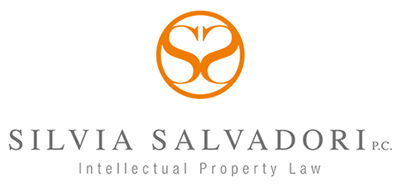Assignor Estoppel: Untangling Patent Quandaries

In a recent case, Minerva Surgical, Inc. V. Hologic, Inc., the Supreme Court limited the doctrine that prevents an assignor from subsequently challenging the validity of the patent that he or she assigned.
In a typical situation, inventors apply for a patent, then assign it to a company for value. Later, the inventor (assignor) joins a competitor business, where he/she develops a similar—and possibly infringing—product.
When the assignee company sues for infringement, the assignor tries to argue that the invention was never patentable, so the patent was never valid. The assignor estoppel was designed to avoid these types of occurrences.
The Supreme Court described three scenarios where an assignor estoppel might not apply:
Scenario 1: The assignment occurs before an inventor can possibly make a warranty of validity. This usually occurs when an employee assigns patent rights to his employer in any future inventions he develops during his employment.
Scenario 2: A later legal development renders irrelevant the warranty given at the time of assignment, for example: the governing law changes and renders invalid previously valid patents.
Scenario 3: The assignee (owner of the application), returns to the United States Patent and Trademark Office to “enlarge” the patent’s claims. The new claims may be beyond what the inventor (assignor) intended to assign and warrant as valid.
Thus, according to the Supreme Court, an assignor estoppel only bars invalidity challenges that are inconsistent with representations inherent in making the assignment. Please contact me at silvia@salvadorilaw.com with questions or comments.

Silvia Salvadori, PhD
